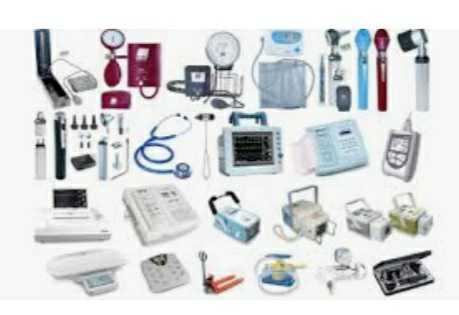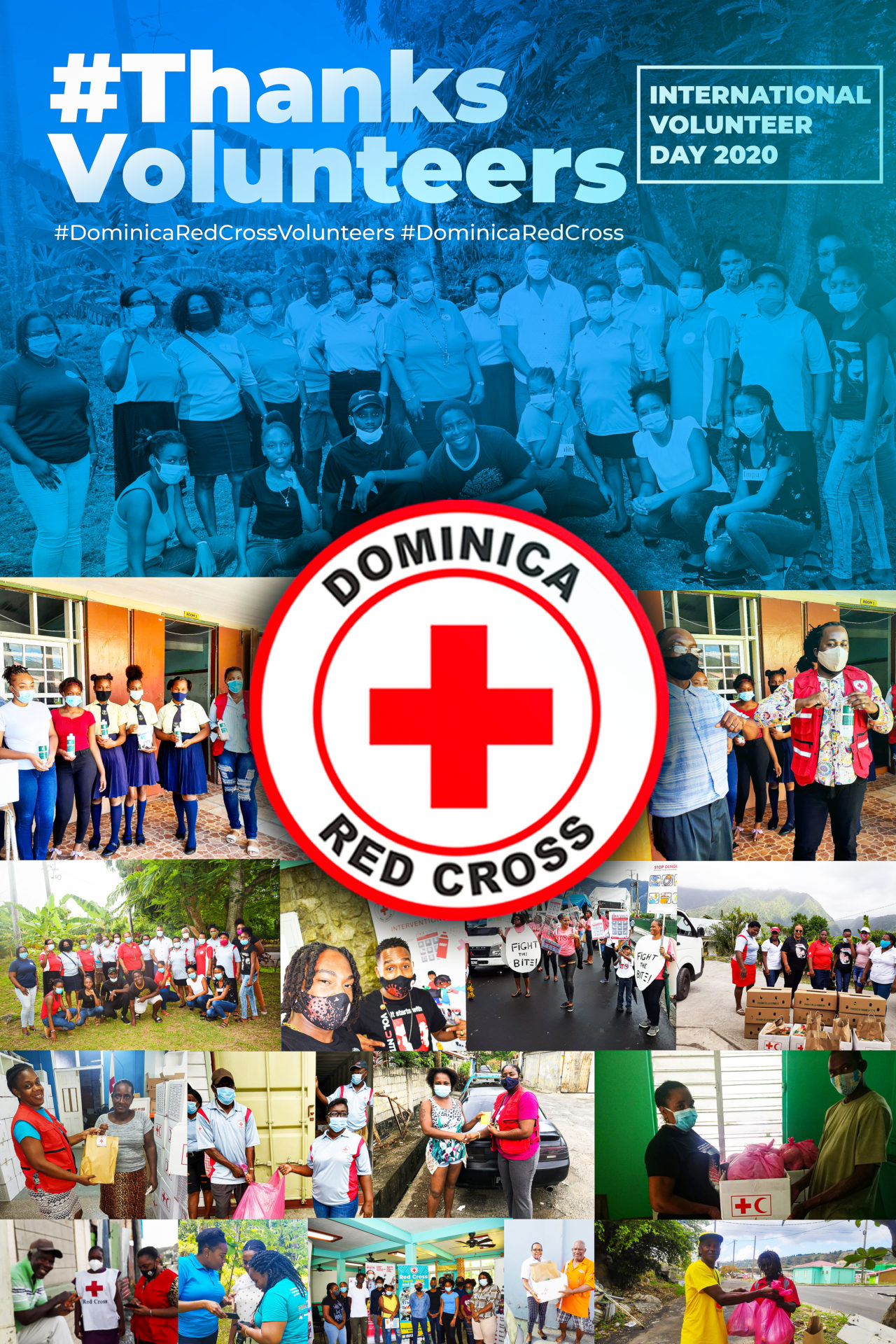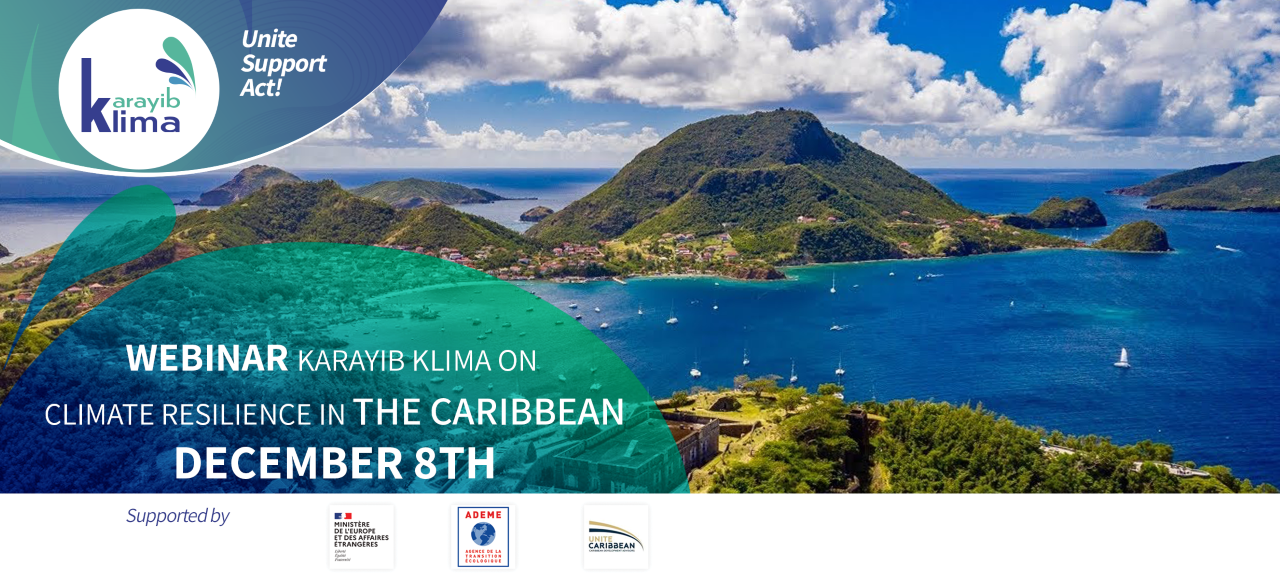
Washington, DC/Santiago, Chile, 7 December 2020 – With the aim of preventing interruptions in medical product supplies during future health emergencies, the Pan American Health Organization (PAHO) and the Economic Commission for Latin America and the Caribbean (ECLAC) convened a dialogue between the health, industry, and science and technology sectors in the region.
“The scarcity of medical products can cause disruptions in health care and put health and life at risk,” said PAHO Director Dr. Carissa F. Etienne. “That’s why it’s a priority for health, science and technology, and industry to work together to ensure equitable access to medicines and other essential technologies not only in peacetime, but also during future emergencies,” she said.
Alicia Bárcena, Executive Secretary of ECLAC, stressed that “the health industry is a strategic sector and we are challenged to combine its social objectives of meeting the health needs of the population with its regional economic development possibilities. Integrated health, science and technology, and industrial policies guided by this challenge and mission, and under a public-private partnership, are essential to this.”
The COVID-19 pandemic has demonstrated structural weaknesses in health systems in the region and the basis for rethinking development, as well as the vulnerability of global supply chains, with import restrictions and insufficient availability of medical products and health technologies to meet large increases in demand.
In addition, the region has a health manufacturing industry which, with some exceptions, is not well developed and has low levels of technological sophistication, leading to high dependence on external products; according to ECLAC estimates, only 4% of imports of medical products related to the response to COVID-19 in Latin America and the Caribbean originated in the region itself.
Towards an integrated regional market for medicines and technologies
PAHO and ECLAC agreed on the need for a renewed vision of comprehensive policies, which considers the objectives and needs of the health sector and encourages industrial development in the sector.
The challenge is to move towards an integrated regional market for medicines and other health technologies, based on country-shared research and production networks. If the necessary scale is reached, this market could reduce external dependence and ensure access to the medical products needed to meet regional demand.
During the meeting, participants from ministries of Health and Science and Technology, as well as representatives of associations of the medicines industry and other technologies in developing countries, also discussed the regional situation and prospects for implementing comprehensive policies, as well as conditions for improving productive capacity. In addition, they exchanged information on national initiatives for equitable access to medicines and other health technologies.
The Pan American Health Organization (PAHO) works with the countries of the Americas to improve the health and quality of life of its population. Founded in 1902, it is the world’s oldest international public health agency. It serves as the WHO Regional Office for the Americas and is the specialized health agency of the Inter-American system.
The Economic Commission for Latin America and the Caribbean (ECLAC) is one of five United Nations regional commissions and is headquartered in Santiago, Chile. It was founded to contribute to the economic, social and environmental development of the region, coordinate actions aimed at its promotion and strengthen the economic relations of countries with each other and with the other nations of the world. Since 2008 ECLAC has been headed by Executive Secretary Alicia Bárcena, who was appointed by UN Secretary-General Ban Ki-moon, becoming the first woman in that post.






